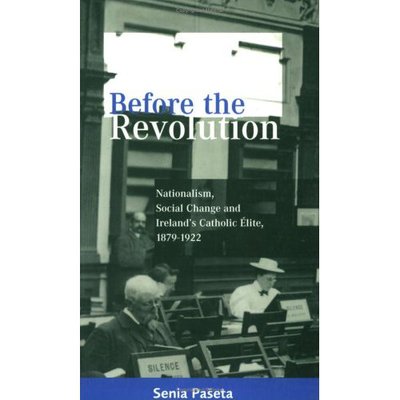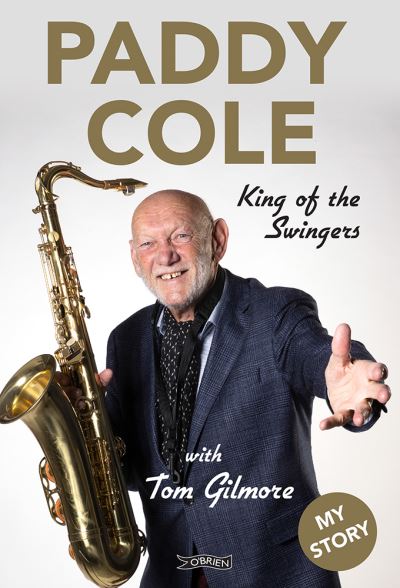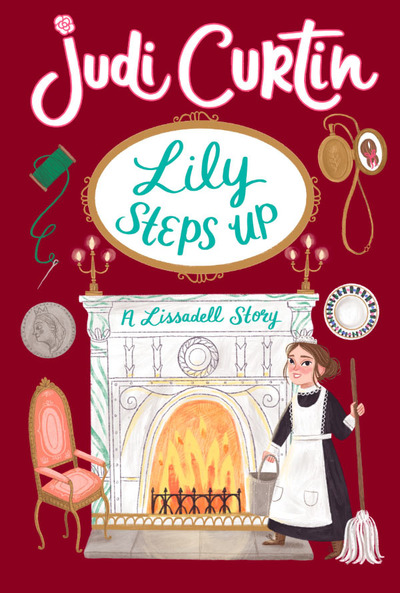Before the Revolution : Nationalism and Social Change and Ireland's Catholic Elite, 1879-1922 by Senia Paseta
€29.00
A persuasive study charting the emergence of a new ‘Catholic elite’ in pre-Home Rule Ireland.
Although much has been written about the impact of developing separatist thought on early twentieth century Irish politics, little is known about Ireland’s last Home Rule generation whose expectations were shattered by the revolutionary events of 1916-22.Before the Revolution seeks to redress this imbalance by looking at the influence of education, employment, constitutional politics and wider political associations on the evolution of a new Catholic elite. Gender and class are two important focuses of the study. The experience of employment, membership of political and cultural associations, and the pursuit of entertainment are used to describe the development of this new stratum of modern Irish society. This book explores the developing influence of Catholic intellectuals – both men and women – in Irish politics during the era before the First World War and the Easter Rising, using the prism of the Irish university question and the development of secondary schools. By profiling a cross-section of representative groups and associations, Paseta challenges the accepted view that Gaelicist rhetoric and ‘advanced’ nationalist politics predominated among politically-minded students. She also sceptically examines the assumption, much cherished at the time, that employment opportunities for such graduates were limited by the structural bias of the government, or the influence of intransigent Protestants. This study also chronicles – for the first time – the development of self-consciously Catholic organisations in response to the pervasive idea that the professions actively discriminated against the majority religion. By concentrating on the emergence of such organisations, and the exposure of rifts within Irish society by educational and social, no less than political, developments around the turn of the twentieth century, Paseta’s work presents a new perspective on the age of the cultural revival and the radicalisation of Irish nationalism.
Available on back-order








